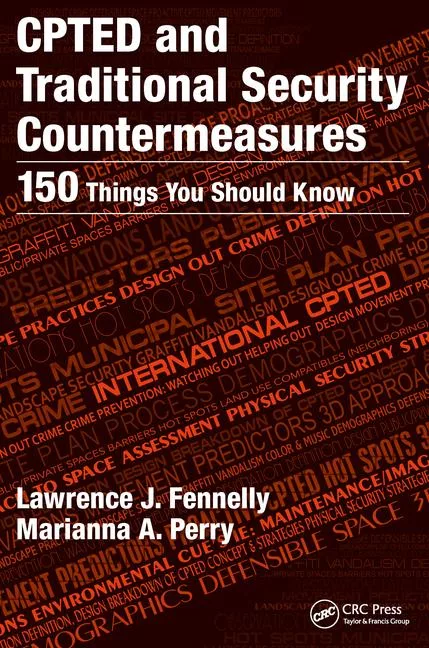Survey Says 52 Percent of Consumers Want Biometrics Over Traditional Passwords
From baby boomers to millennials, 52 percent of consumers would choose anything but a traditional username and password account registration when given the option.
The "Businesses Should Begin Preparing for the Death of the Password" report said that:
- More than half (52 percent) of all respondents prefer to log into online accounts using modern authentication methods that are more secure than traditional usernames and passwords, including 29 percent that prefer using two-factor authentication and 20 percent that prefer biometric authentication.
- Eighty percent of consumers who expressed a preference believe biometric authentication is more secure than traditional usernames and passwords.
- Only 16 percent of respondents follow password best practices with a unique password for each online account. Six percent use the same password for all accounts and 63 percent use seven or fewer passwords across all their online accounts.
- More than one quarter (26 percent) of all respondents have had at least one online account compromised in the past 12 months. When segmented by generation, 35 percent of millennials, 28 percent of Generation Xers and 18 percent of baby boomers reported having online accounts compromised.
- Only 33 percent of millennials create secure passwords for everything. The rest use passwords like "password," "1234," their names or birthdays. In contrast, 42 percent of Generation Xers and 53 percent of baby boomers always create secure passwords.
- Sixty-eight percent abandon the creation of an online account due to complex password requirements, while 55 percent abandon a login page because they forgot their passwords or answered a security question incorrectly.
Traditional passwords are currently widely used but poised to become obsolete in the next 10 years, the report said. Security risk is a top factor driving consumers' identity authentication preferences since 26 percent of respondents overall have had an online account compromised in the past 12 months. For millennials, that security-breach number jumps to 35 percent, most likely because survey data shows they have the worst habits for creating traditional passwords. Identity authentication is a critical point of differentiation because consumers increasingly expect businesses to maintain high levels of security and data privacy while delivering a superior customer experience, including convenience and personalization.
Millennials -- more than other generations -- embrace advanced authentication methods that present a simpler way to log in while maintaining a high level of security, according to the report. Nearly one-half of millennial respondents use one or more forms of biometric authentication, such as fingerprint scanning technology (38 percent), voice recognition (15 percent), facial recognition (11 percent) or iris scanning (5 percent). Millennials also report that at least one of the applications they've downloaded offer some form of biometric authentication, which is consistent with Juniper Research's estimates that more than 770 million biometric-enabled applications will be downloaded each year by 2019, as compared with 6 million in 2015, the report said.
"Within the next 10 years, traditional passwords will be dead as an authentication form," said Patrick Salyer, CEO of Gigya. "Consumer-focused brands require modern customer identity management infrastructures that support newer, more secure authentication methods, such as biometrics. Businesses that are already using advanced authentication methods demonstrate increased customer registration and engagement while enjoying greater login convenience and security."
The full report is at http://www.gigya.com/resource/whitepaper/death-of-the-password
Looking for a reprint of this article?
From high-res PDFs to custom plaques, order your copy today!







